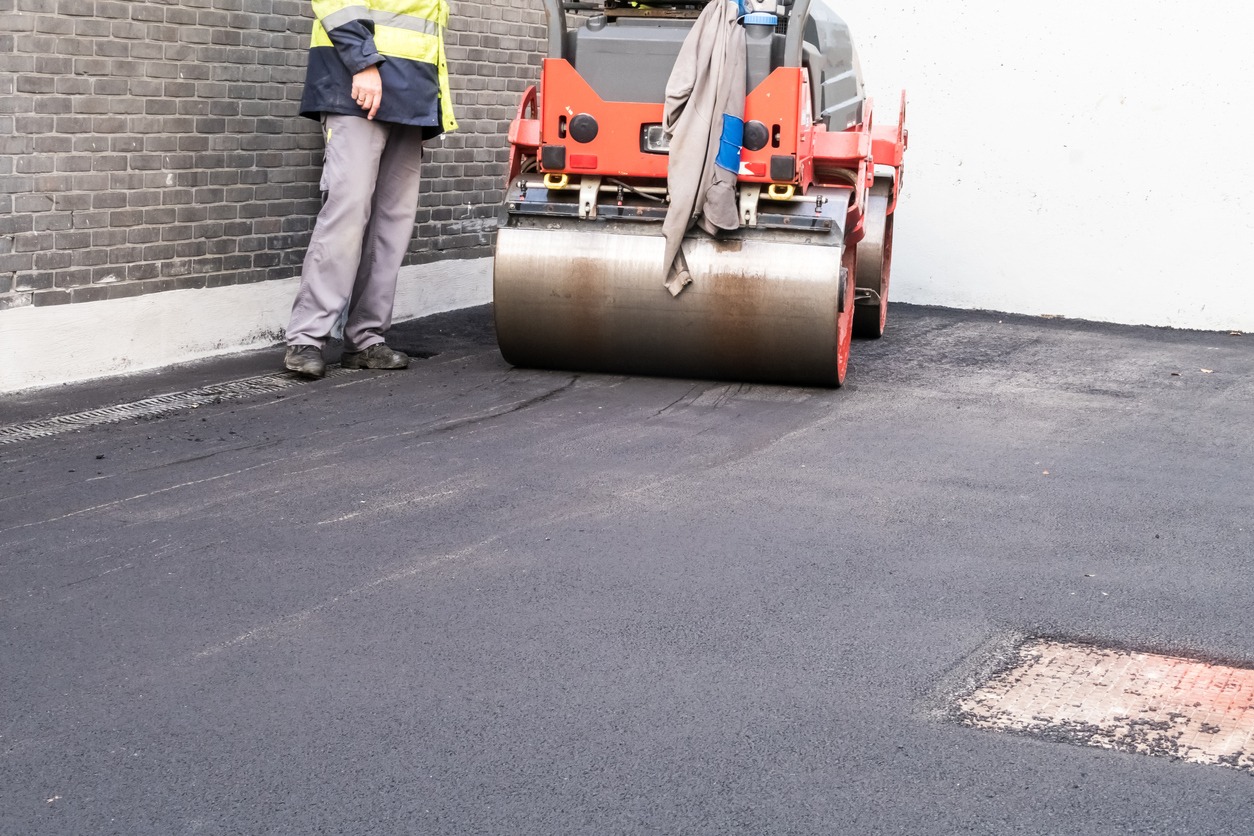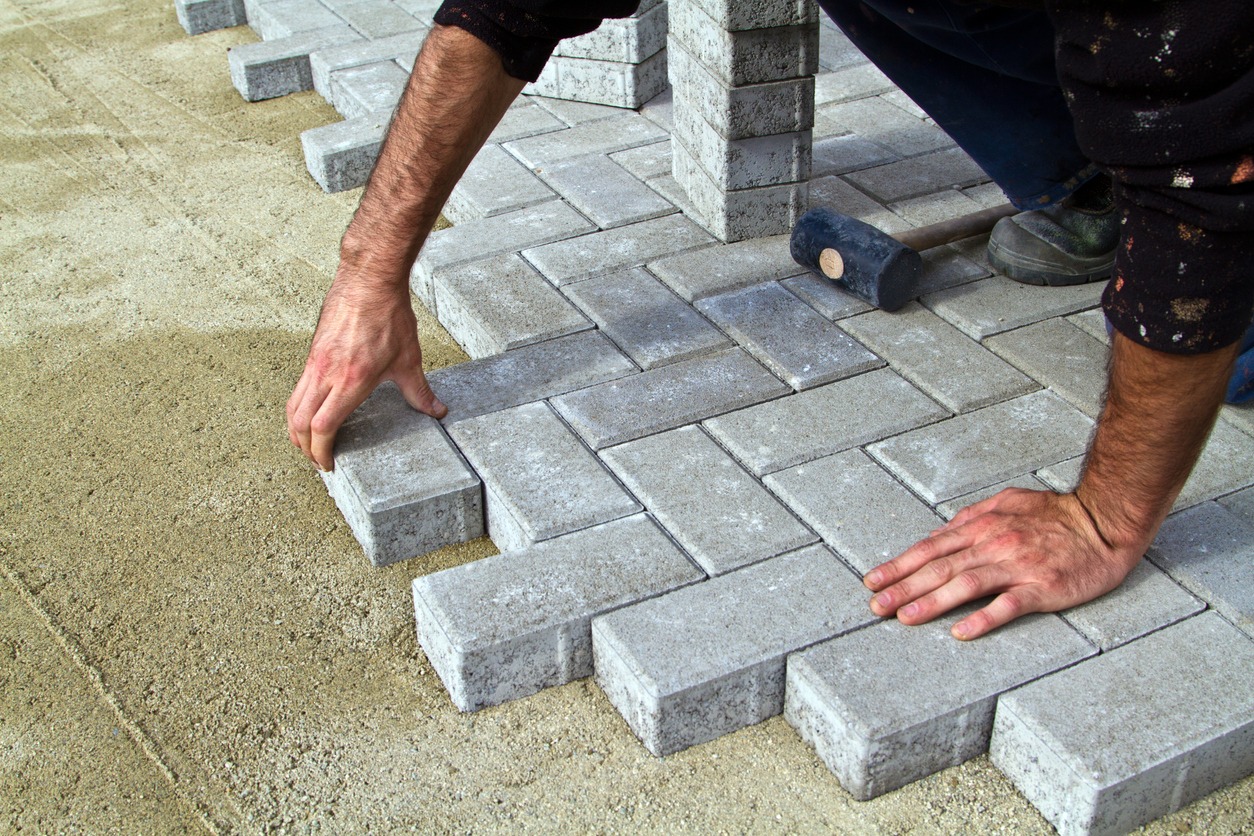Navigating the world of driveway installation and repair can often feel like a complex undertaking. Your driveway is not just a practical necessity for your home; it’s also an important aspect of your property’s curb appeal and, in many cases, a significant investment. With numerous contractors offering their services, distinguishing between them and choosing the right one for your specific needs becomes a critical task. To aid in this selection, a well-considered set of questions is essential. These inquiries serve as a guidepost, helping you to unearth crucial information about each service provider’s expertise, reliability, and approach to driveway projects.
In this article, we delve into 20 pivotal questions that should form the cornerstone of your vetting process when hiring driveway installation and repair services. These questions are thoughtfully designed to explore various dimensions of potential contractors’ operations – from their experience and methodologies to the quality of materials and after-service care.
How long have you been in the driveway installation and repair business?
Experience is crucial for quality driveway work. A company with a long history likely has dealt with a variety of installation and repair scenarios. Experienced contractors can better anticipate and solve potential problems.
Are you licensed and insured for driveway work?
Ensuring the contractor is licensed affirms their adherence to industry and legal standards. Insurance is essential to protect you from liability in case of accidents or damage during the project.
Can you provide references or photos of past driveway projects?
References or a portfolio of their past work helps in assessing their craftsmanship and design capabilities. Positive feedback from previous clients is a good indicator of their reliability.
What types of driveway materials do you specialize in?
Driveways can be made from concrete, asphalt, gravel, pavers, and other materials. A contractor experienced in your chosen material will likely deliver better results. Here are details about each of the materials mentioned so that you will know which ones are suitable for your property:
- Concrete – Concrete driveways are popular due to their durability and low maintenance. They can last for many years and can be finished in various ways (stamped, colored, textured) for aesthetic appeal. However, they may crack over time, especially in climates with freeze-thaw cycles.
- Asphalt – Asphalt is another common material known for its durability and relatively low installation cost. It needs to be resealed every few years to maintain its condition and prevent cracks. Asphalt is preferable in colder climates as it handles freeze-thaw cycles better than concrete.
- Gravel – Gravel driveways are the most cost-effective option and are quick to install. They require more maintenance, such as regular raking and replenishment of gravel. Gravel is not suitable for snowy areas, as it can be difficult to plow without displacing the stones.
- Pavers – Pavers, made from concrete, clay, or natural stone, are used to create attractive, patterned driveways. They offer great aesthetic appeal and versatility in design. Pavers are relatively easy to repair, as individual pavers can be replaced if damaged. However, they can be more expensive than other materials and require a good base and drainage.
- Crushed Stone – Similar to gravel but finer and more uniform in size, crushed stone driveways have an elegant appearance. They offer good drainage but, like gravel, require regular maintenance to keep the surface level and free of weeds.
Do you offer a warranty or guarantee on your work?
A warranty or guarantee indicates the contractor’s confidence in their work. Clarifying the terms and duration of such warranties protects your investment.
How do you handle drainage and water runoff?
Proper drainage is important to prevent water damage to the driveway and surrounding property. An experienced contractor should be able to design effective drainage solutions.
Can you provide a detailed written estimate?
A detailed estimate should outline all costs, including materials, labor, and any additional fees. This transparency in pricing helps avoid surprises and facilitates budget planning.
What is your projected timeline for completing the driveway project?
Knowing the expected duration of the project helps in planning and managing your expectations. Discuss potential delays and how they would be addressed.
How do you ensure the quality and durability of your work?
Understanding their approach to quality, including material selection and construction techniques, is crucial for a long-lasting driveway.
What is your process for preparing the site and laying the driveway?
Proper site preparation is key to a successful driveway installation. The contractor should explain their process, including excavation, base preparation, and laying of the surface material.
How do you handle unexpected issues like underground utilities or poor soil conditions?
Unexpected issues can arise during installation. A competent contractor should have a plan for addressing these challenges without significantly impacting the project timeline or cost.
What are your payment terms and conditions?
Discussing payment terms upfront avoids misunderstandings. Clarify the payment schedule, deposit requirements, and accepted payment methods.
Do you subcontract any part of the work?
Knowing whether the contractor uses subcontractors for any part of the project is important for understanding who will be responsible for the quality of work.
Can you accommodate specific design requests or features (like borders, colors, and patterns)?
If you have specific design preferences or want additional features, it’s important to ensure the contractor can accommodate these requests effectively.
How do you manage safety during construction?
Safety is important for both the workers and your property. A responsible contractor will have safety protocols in place.
How do you ensure minimal disruption to my property during construction?
Driveway installation can be disruptive. A professional contractor should take measures to minimize the impact on your daily life and property.
What environmental considerations do you take into account (like eco-friendly materials)?
If environmental impact is a concern, ask about the use of eco-friendly materials or sustainable practices.
How do you handle cleanup and disposal after the project?
Post-construction cleanup is important for your convenience. The contractor should include the removal of debris and cleaning of the site in their service.
Are there any maintenance tips or services you recommend post-installation?
Proper maintenance can extend the life of your driveway. Ask for tips or services they offer for maintaining the driveway’s condition.
What makes your services unique compared to other driveway contractors?
Understanding what sets them apart, whether it’s their expertise, customer service, innovative techniques, or competitive pricing, can help you make an informed decision.
These questions cover various aspects to consider when hiring driveway installation and repair services, ensuring you choose a professional who can deliver quality work tailored to your specific project needs.


